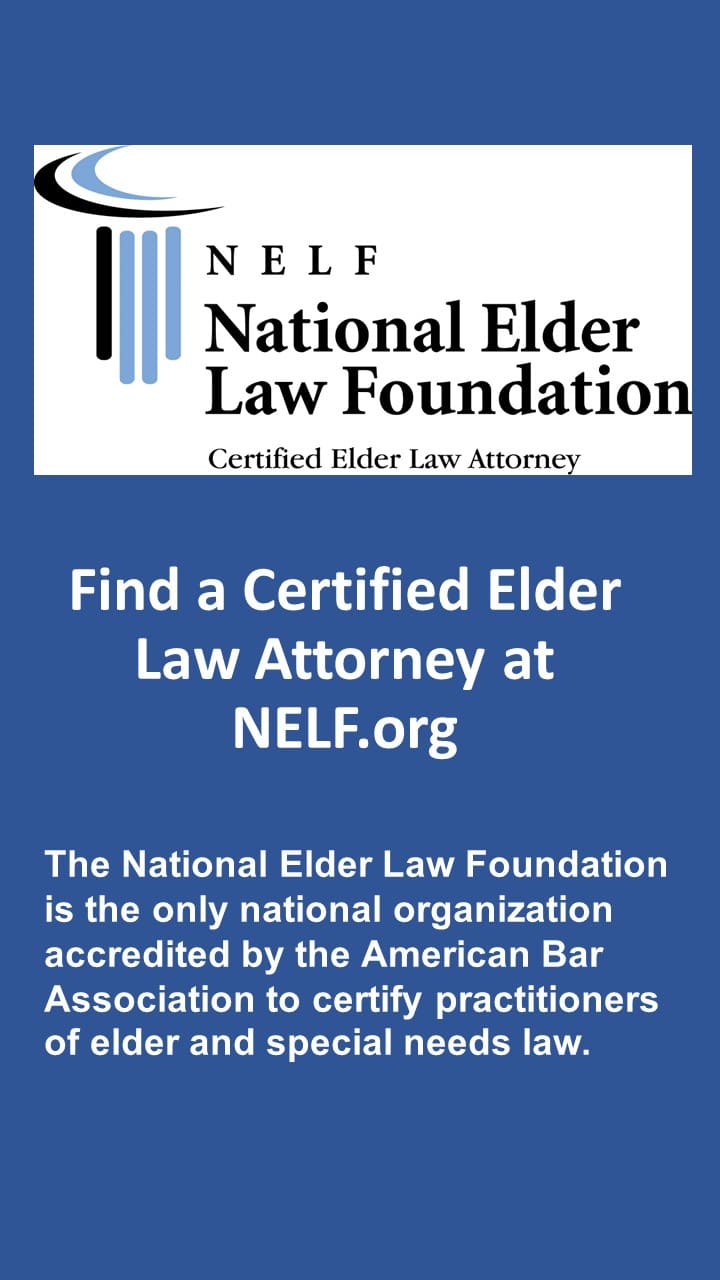In Slosberg v. Giller (Georgia Supreme Court 6/30/2022), the Court reversed a Court of Appeals decision we previously reported.
David Slosberg created an irrevocable trust in January 2014. After David died, Plaintiff filed a lawsuit alleging, among other things, that Defendants unduly influenced David to create the trust that contained the in terrorem clause, and at a trial in June 2019, the jury agreed. Defendants filed a post-trial motion to deny Plaintiff any recovery for violating the in terrorem clause. The trial court agreed, but that decision was reversed by the Court of Appeals.
Examining the Court of Appeals decision, the Court said:
The Court of Appeals first noted that Defendants did not challenge the jury’s finding of undue influence. It nonetheless determined that, despite Defendants’ “undisputed role in unduly influencing their father to secure the trust containing the in terrorem clause,” the court was “constrained to conclude that [Plaintiff’s] ‘initiation of legal proceedings triggered the [trust’s] in terrorem clause.’”
Thus, the court held that the in terrorem clause altogether barred Plaintiff from pursuing his undue-influence claim and that the trial court “erred in permitting the issue to go to the jury and accepting the jury’s verdict on that claim.” Chief Judge McFadden dissented, arguing that “[u]nder
fundamental and settled law,” the jury’s conclusion that the trust was the product of undue influence meant that the trust instrument, including the in terrorem clause, was void “at its inception.”
In reversing the Court of Appeals, the Supreme Court held that a predicate for the in terrorem clause’s operation is the valid formation of the legal instrument in which the clause is embedded. Undue influence would invalidate the instrument’s formation. Undue influence “‘amount[s] to deception or force and coercion . . . so that [a person] is deprived of free agency and the will of another is substituted for [his].’” The trust code expressly states that principles of common law and equity remain in effect except as modified. Therefore, common law and equity principles that would invaldate the instrument from inceptions remain in effect.
In sum: the valid formation of a trust instrument is a precondition to the effectiveness of any in terrorem clause contained in it.
Reviewing the evidence below, the Court found: Here, Plaintiff raised an undue-influence claim to challenge the validity of the trust instrument—which included the in terrorem clause contained in it. The trial court properly permitted Plaintiff’s undue-influence claim to proceed to the jury, and when the jury determined that the trust was procured by undue influence, the trust and its in terrorem clause were rendered void and without
effect. Because Plaintiff’s undue-influence claim was successful, the void in terrorem clause did not result in his forfeiture of benefits from the trust.







